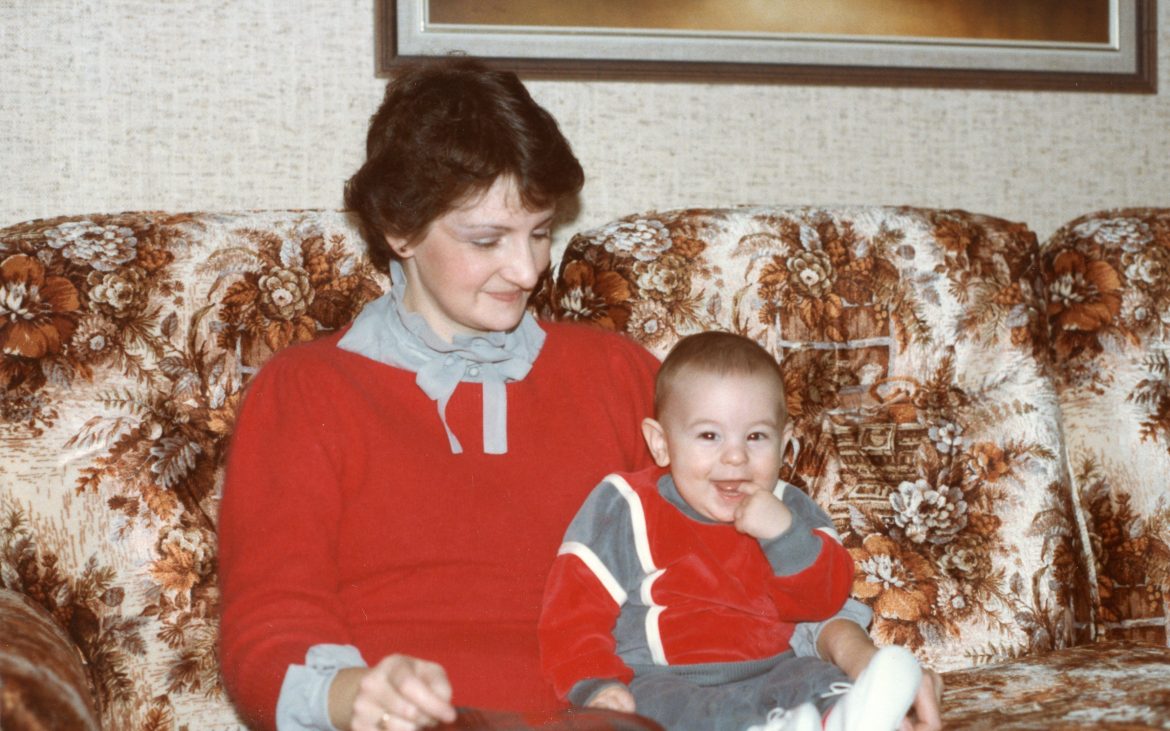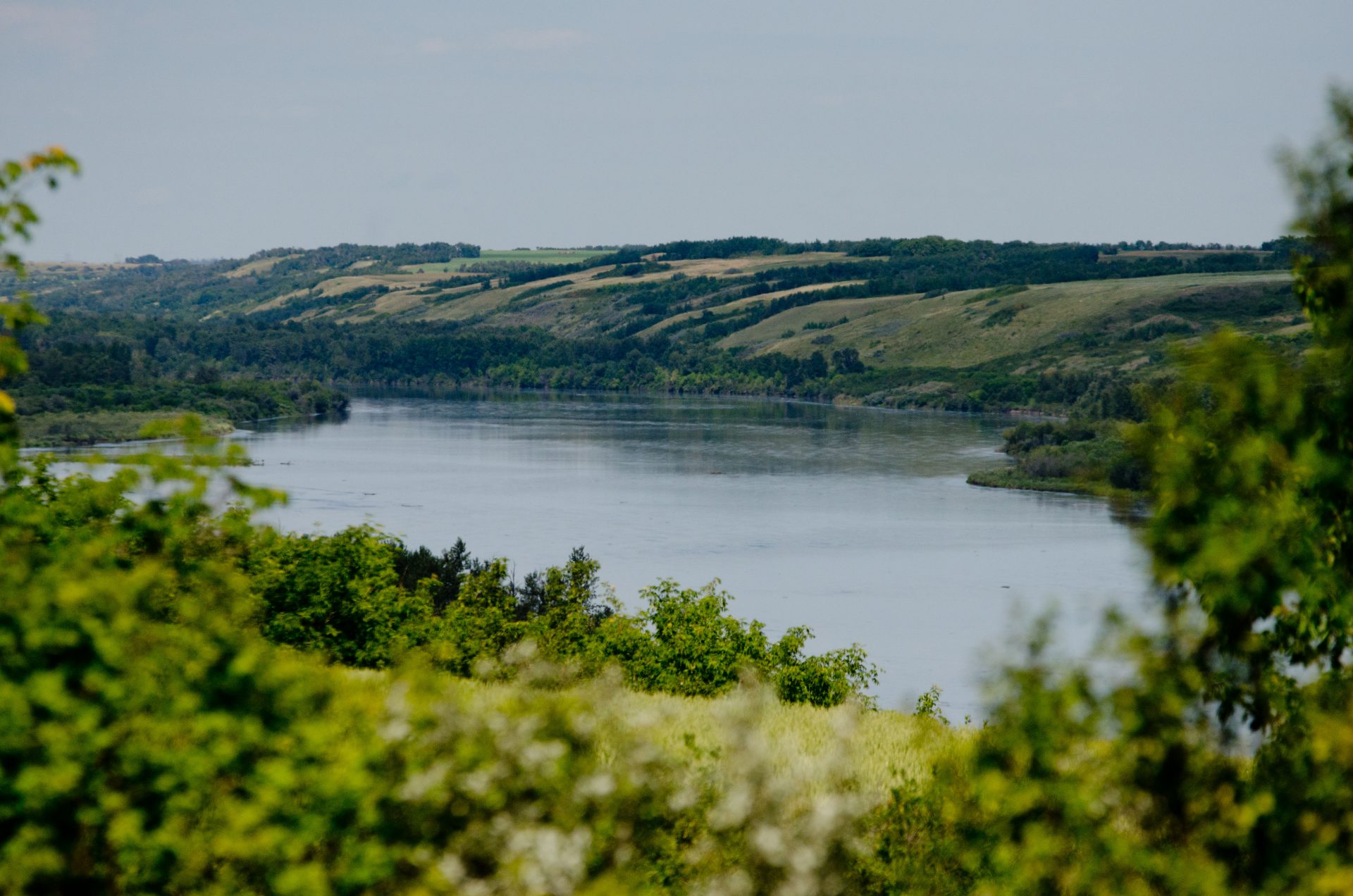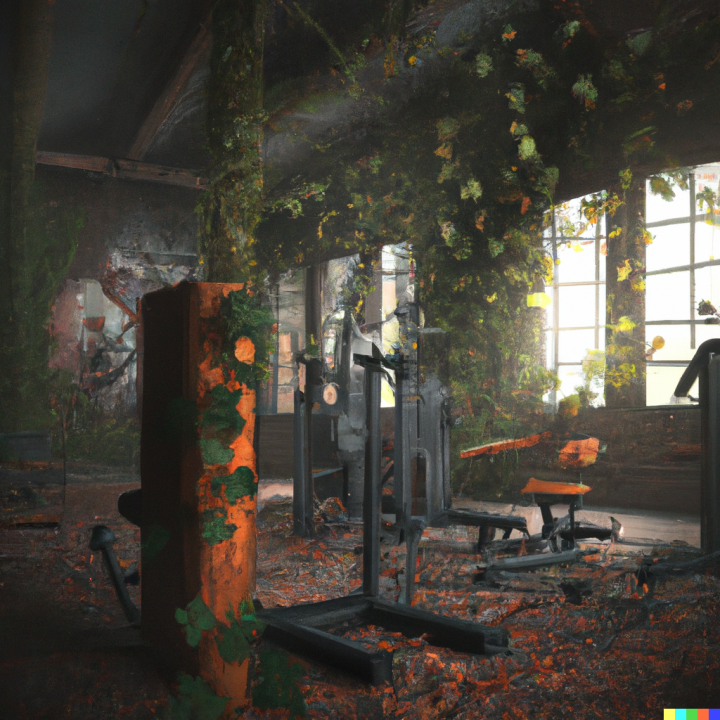My mom passed away two years ago, today.
This was my eulogy:
Frenchman Butte is technically too small to be called a town. Google Maps calls it “Rural Municipality 501”. Saskatchewan has a number of small towns like this – with names ranging from nondescript labels like “501”, to bizarre examples like “Elbow” and “Primate”.
I’ve often wondered what the underlying stories are behind some of the weirder ones. I suspect their heritage is more mundane than my child-like visions of giant apes running loose on the prairies.
But to my Mom, at least the way she would tell it, Frenchman Butte was much more than a number.
It was the place where chimney smoke would travel straight upward on cold winter mornings. It was the place where she would stop and pick Saskatoon berries on the way to school. It was where Pastor Elwood McClane would deliver impassioned sermons in a tiny little church. It was where, on occasion, a fog would roll down the banks of the river, transforming the valley into a mystic naturescape.
And it was the place where my Mom was a child.
Frenchman Butte is built into the bank of the North Saskatchewan river, which spans all the way from the Rockies to Hudson’s Bay. It’s served as an essential transportation channel for at least 10,000 years – from the end of the ice age until the mid 20th century.
And the river will run its course for many tens of thousands of years to come; through every changing season, every political upheaval, every business cycle, every childhood and coming of age, every achievement & failure, every family legacy – and every form of nomenclature given to little hamlets along its banks that are too small to be called towns.
Perhaps this is why we find nature so subconsciously therapeutic. In a sense, we’re stepping into a timescale that renders all of our anxieties & aspirations ultimately pointless, if even temporarily.
As the book of James puts it… “we are but a vapour”.
So it’s rather fitting that Mom grew up on the banks of the North Saskatchewan. She’s one of the few people I’ve ever encountered whose character has remained so consistent and unchanged throughout every turn & bend in the course of her own life.
While at times, I found this degree of integrity to be frustrating (especially when it came to arguing about bedtimes, or which movies I could watch), later in life it would become a comforting backdrop of regularity.
Though our opinions on things like politics, theology and the degree to which speed limits should be followed would sometimes differ – the foundation that framed any such argument was that I could always rely on Mom’s stance on the issue being the same today, yesterday, and tomorrow.
This personality trait was particularly appreciated by her brother-in-law, Nick. I have many fond memories of the two cordially arguing about some minor semantic theological difference, for hours. And if Nick was the unstoppable force in the debate, Mom countered by being the immovable object.
They can now argue, unhindered, for all eternity.
Her steadfastness was matched only by her passion for things authentic.
There are numerous vacations, funny stories and little childhood memories that I can recount – but the most meaningful times with Mom were simply our conversations. Through my high school years, I remember many evenings where the two of us would simply drive and talk.
Often these drives would last until the wee hours of the morning. She’s still the only person I’ve met who can sustain an impassioned conversation about the big questions with genuine excitement, and with no apparent time limit.
I will dearly miss those conversations.
Every river has a beginning, and an end. Some rivers – like the North Saskatchewan, or the Nile – flow for thousands of miles. Others are shorter. The only apparent reason why some rivers are longer or shorter is that water simply follows a fall line, propelled by gravity, and dictated by eons of geology.
And so we build our lives around the river, wherever it flows, and for however long it goes. But while its origin and its terminus are preset, and seem to be a function of mere science – they tell an incomplete story.
The same water that finds itself flowing into the ocean will eventually evaporate and precipitate back into the same glacier or rainfall that feeds the river, sustaining all who depend on it, thus perpetuating the cycle indefinitely.
So to me, the analogy of being a passing vapour in the book of James takes on a new meaning in this perspective. Not only does it provide a framework for contemplating our eternal home – but it speaks to a lasting resonance here on Earth as well.
There are no acceptable reasons for why Mom faced such a terrible disease. And similarly, there are no anecdotes or words of comfort that can genuinely ease my sorrow at her passing.
But what I can reflect on is who she was, so that it’s easier to recognize the fingerprint of her influence across the landscapes of my own life. Whether it’s my own personality traits, or those that will develop within my children, and in their families thereafter.
Or whether it’s the lifetime of learned behaviour, translating into my own tendencies to obsess over a task that seems worthy, or dive headlong into a fascinating subject – the byproduct of watching my Mom stay up into the wee hours each night to read her favourite books, or finish just one last project on the sewing machine.
This is but one aspect of her enduring legacy; one that will survive through time – both spiritually & physically. In her children, her grandchildren, and in the lives of all she touched.
It is more than just a passing vapour.
I wish that Mom could have been here with us a little longer. I wish that she could watch my little daughters grow up. I wish that I could still get to hear that old sewing machine running at 2AM.
And what I would give for just one more aimless, meandering drive to nowhere, where Mom and I could simply talk.
They better have sewing machines in heaven.
I’ll love you forever Mom.




